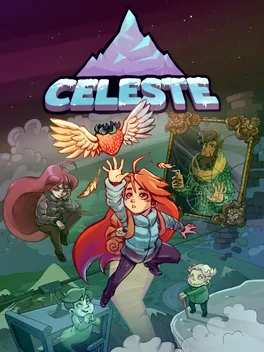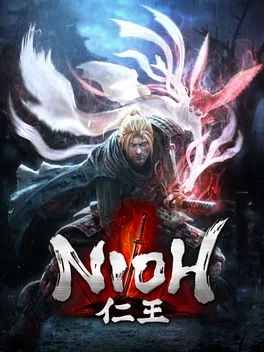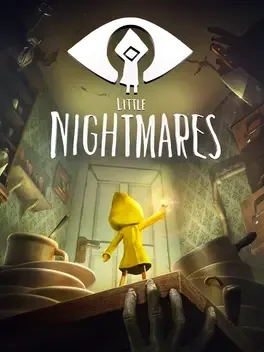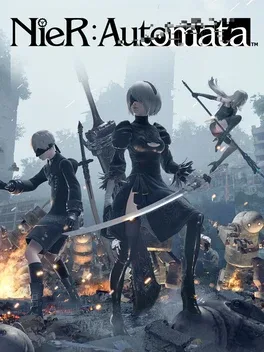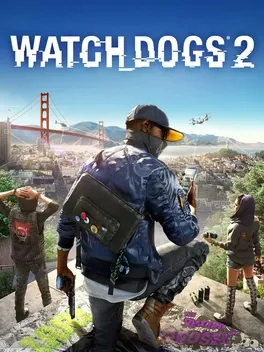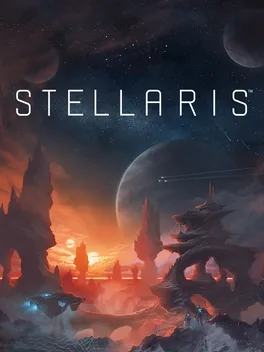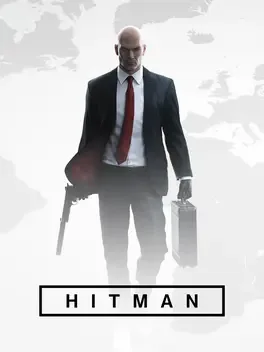Adam Smith
This author account hasn't been claimed yet. To claim this account, please contact the outlet owner to request access.
Writing For
Latest Reviews
It took me almost eight hours to complete and apart from some mild frustrations in one of the final worlds, which felt like it had more wild goose chases and dead-ends than the rest of the game combined, I enjoyed every minute. The more I think about it, the more the events of the narrative seem beautifully intertwined with the messages about difficulty and the Assist Mode.
Nioh is like Dark Souls in so far as the halts to progress and forced repetition of fights function. You move forward, you fall, you learn, you try again. Experience works almost identically, tied to a form of currency that must be cashed in before death, adding a delicious risk/reward factor. The masses of loot initially seem like the biggest difference between this and a From Software game, and could kid you into thinking Nioh is a game about raising stats above all else, but it's not. That's a small part of it. Really, it's a game about raising your own level and mastering one of the finest combat systems ever put on a screen. It might be standing on the shoulders of Souls, but it's got its eyes on a very different destination.
The truth is that a game I installed on the off-chance it might give me a little bit of that Spelunky feeling has ended up being one of my favourites of the year so far, and an outstanding example of how to borrow and remould elements of a seminal indie title. There's so much to admire, from the graphical flourishes as crates splinter and corpses cartoonishly slop and slide down walls leaving trails of blood, to the other heroes (AI controlled) who will assist you, but also steal loot from under your nose. Not everything pleases me – I wish there were more variety in the areas and the enemies met, and that the bosses didn't just get more hitpoints from one stage to the next. They're brill designs, but the game cycles them randomly so as you progress, you just end up with stronger versions rather than new variants, and that just makes for longer, repetitive battles.
Disclosure: Richard Cobbett wrote the words and has a regular column on RPS that I edit most weeks. The fact that I have to look at so many of his words as part of my day-job and actually enjoyed playing a game that was stuffed with even more of them could probably be seen as a compliment.
I love it. There were times when I didn't, mostly when I had to replay a section where I kept failing to line up what looked like a simple jump over and over, but by the end I was smitten. It's a grotesque, horrid and eventually hopeful in its own morbid fashion, and despite many moments that feel like reimaginings or echoes from elsewhere, it has enough extraordinary images and sequences to stand alone. It's precisely the kind of horror game I love – grotesque but not gross, and interested in thoughtful pacing and escalation rather than jumpscares and shocks. Also, linear though it is, there are some collectibles I'd like to hunt for and the whole game is short enough that I'll happily play it again, or watch someone else playing.
It's rare to see such ambitious storytelling and open world roleplaying tied to such a stylish combat system, not to mention the (optional) Souls-like multiplayer elements, shooter tangents, mini-games that punctuate rather than interrupting, and that big ol' world to explore. You don't need to have played any of Yoko Taro's previous games to appreciate Automata, even though it has links to both Drakengard and (of course) the original Nier, but it'll probably make you keen to seek them out. Me? I'm hoping Platinum get a chance to work with these worlds and words again. A thousand ideas, delivered in rapid succession, backed by action that is the thread that stitches everything together rather than an interruption between one story beat and the next.
Long before I finished the story, the warm glow of those opening hours had faded, and nothing really mattered. I was still having fun, on occasion, but something strange had happened. In exploring the possibilities of a GTA-like that didn't encourage violence at every turn, Watch Dogs 2 does more to highlight the limitations of the sub-genre than even the weakest entry in Rockstar's series. For all of its creative solutions and ideals, Watch Dogs 2 can't help but see California as an open carry state, and while I've enjoyed portions of it enormously, it doesn't go far enough in stamping its own identity on what is, eventually, another city of crime, cars and firearms.
The great experiment of the game was not so much the change of scenery, from history to science fiction, it was the decision to create a Civ-like game of expansion with some complexities and aspects of simulation borrowed from grand strategy. It's in the simulation of a living galaxy that most of the complexity has been lost, but what has been gained is a precise and finely tuned machine. Less erratic and surprising than its ancestors, but much more elegant in its design.
If the next episode has a stronger architectural design, it might well erase many of my criticisms. I'd thought the piecemeal model might work to IO's advantage, allowing them to refine and reflect between releases, but we won't know for sure until we can see the whole picture.
During the actual playthrough, I'm tense and thoughtful in some moments and chortling in delight during other moments. SUPERHOT is a game in which time is often frozen but it's a game that allows you to cherish every moment. Time stands still but it's never wasted.
